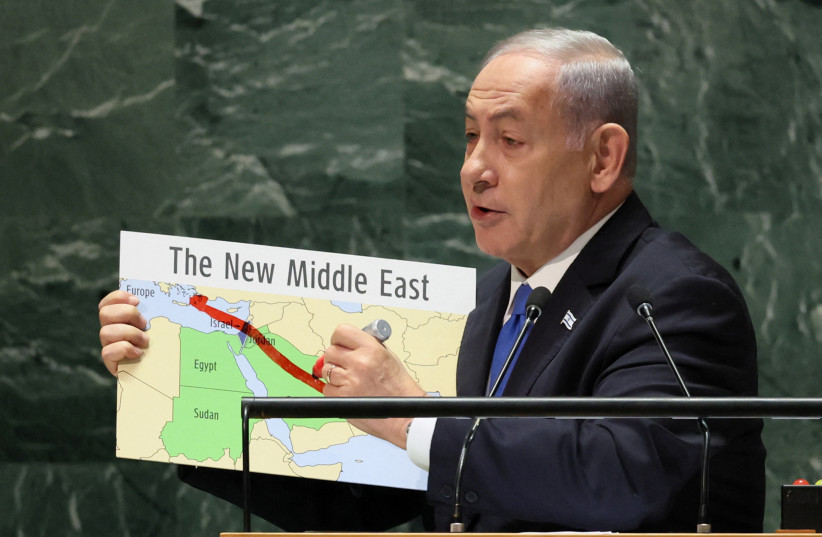Israeli Prime Minister Benjamin Netanyahu’s changing vision for the Middle East seems to be based on hegemony and not diplomacy. As the regional landscape changes, his government’s right-wing policies and expansionist desires are ringing warning bells about the future of peace and coexistence in the region.
Experts contend Netanyahu’s recent moves indicate away from collaborative methods that previously sought to bridge religious and cultural differences. Rather, efforts have turned toward the development of Israeli dominance through settlement growth, military aggressiveness, and nationalist political discourse, particularly with respect to Gaza and the West Bank.
This policy has put relations not just with Palestinians but also with old allies and would-be allies in the Arab world under tension. While the normalization agreements like the Abraham Accords suggested an integrated future, Netanyahu’s recent path could set such gains aside.
Critics hold that genuine regional stability can be attained only by means of dialogue and respect for each other, not control and unilateralism. As demands for accountability become increasingly vocal, the international community watches anxiously to determine if Israel will embark on a path of inclusive diplomacy—or continue along a path of polarizing hegemony.





